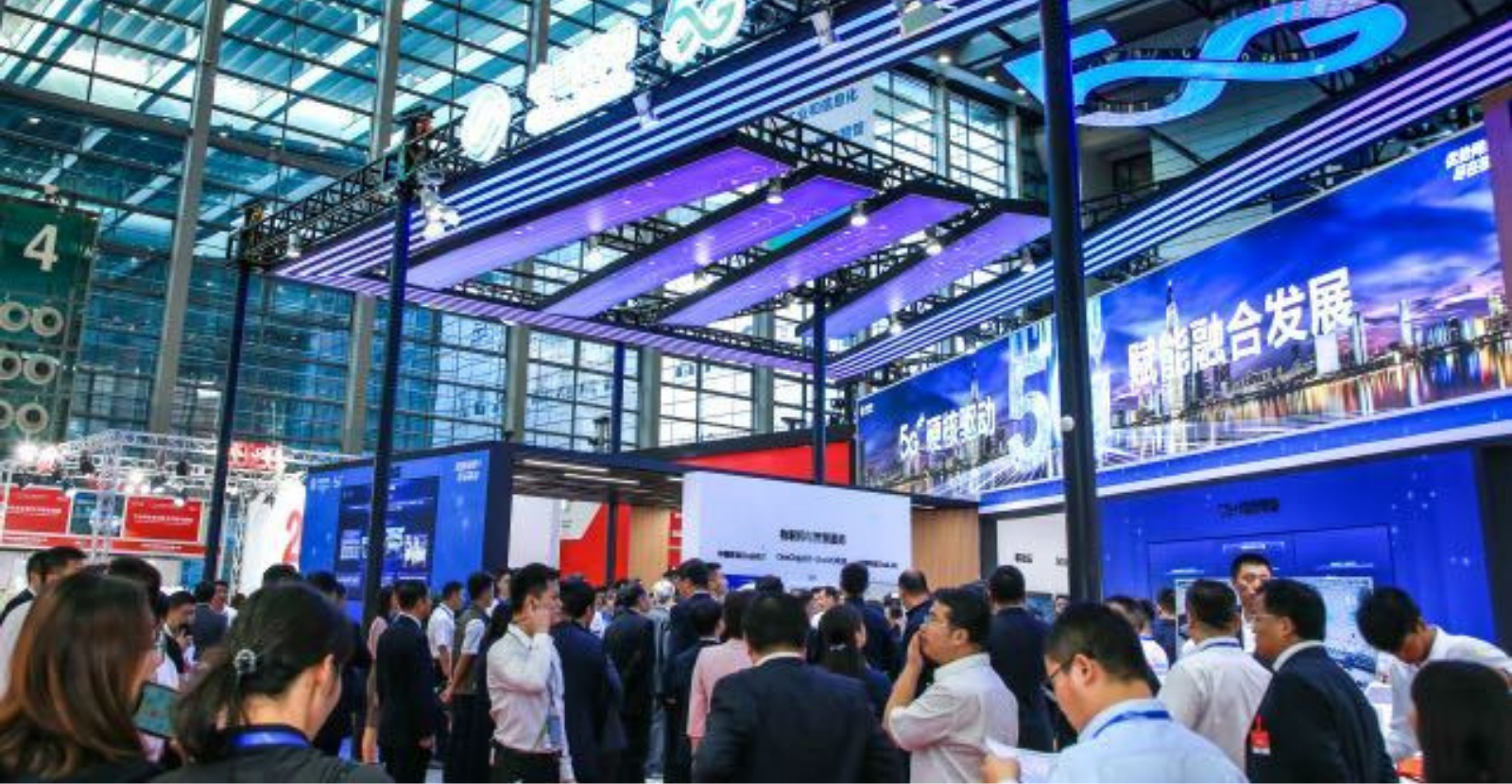A perspective on Chinese Gen Z by Sami Wong, Research Director at Concept M Asia Pacific
Gen Z’s development and education greatly impacts the way they perceive the world and their own positioning on this global platform. The level of their education varies depending on their parent’s financial status, however, through our research, we noticed that most middle-class parents preferred their child to study abroad. This exposure to Western society and culture helps Chinese Gen Z to find a balance between traditional Chinese and Western ideas.
The difference between traditional and open-minded Chinese parents
The difference between traditional and the emerging open-minded Chinese parents lies in the aspect of judgment. In traditional Chinese culture, parents play the role of “authority”. According to the Three Cardinal Guides and Five Constant Principles (三纲五常), the most influential figures in the Chinese family system are the parents and the eldest brother. In this system, the family must uphold a particular moral standard, and the power of judgment is heavily concentrated in the hands of the “parents”.
Therefore, children who openly voice their opinions against the family’s discipline are regarded as disobedient and this directly affects their social reputation as well. This creates an emotional separation from their parents and those who grew up in this family setting tend to find this emotional separation difficult. As a result, they tend to continue this family discipline with the next generation in order to maintain the “good” family virtue. This strict discipline has gradually weakened over the past few decades. However, contemporary Chinese parents still maintain the “adviser” role, especially with major life decisions, such as career and marriage.
Finding a balance between traditional and Western ideas
In contrast, Western parents tend to pay more attention to the cultivation of personal responsibility and strength. Separation from parents is an essential part of this. Western parents are more inclined to respect the attitude of “having different ideas”, even if they don’t have a mutual agreement. It is important to note that contemporary Chinese parents have been trying to implement this type of parenting in their parent-child relationship. In many ways, these changes have gradually driven Chinese Gen Z to find a balance between traditional and Western ideas. This is not a process of instant westernization, but a process of seeking internal balance and finally forming a comfortable and confident state that is suitable for their home culture. Even though their parents’ advice is still equally important, it is worth noting that Chinese Gen Z values self-reliance and autonomy.
Creating new and meaningful connections with brands
In order to gain a more dynamic understanding of their consumption preference and the values attached to it, it is important for us to be aware of this gradual cultural Gen Z development. Even though Chinese Gen Z has grown up in the digital world and become the indigenous netizens, they still embrace their cultural sense of belonging. They are looking for a new meaningful connection with brands, so it is important for international brands to embrace these values of Chinese pride. It is no longer enough to simply emphasise on an international brand’s heritage and culture, it is increasingly crucial to know where brands can integrate with these new Chinese cultural elements.
Internet interactions and social media engagements
Gen Z, in this case, are extremely familiar with internet interactions and social media. Internet search not only enables Chinese consumers to research and compare brands, products, and services, but also enables them to explore different aspects by viewing other users’ experiences and recommendations. In this way, Chinese Gen Z pay close attention to collective opinions, actively participate in these shared experiences, and contribute theirs. Therefore, word of mouth (WOM) is still a very important part of their purchase decision making. WOM, in this case the digital version, refers to online reviews, users’ feedback, recommendations and shared experiences. It has become one of the key shopping guidelines and has given rise to Key Opinion Leaders (KOL) and Key Opinion Consumers (KOC).
These behaviours are also a reflection of their need of community. The online world highlights a particular value system that is rather unique to Chinese Gen Z – it begins with a transaction, but it is more than a consumption behaviour. They are proactively searching for a community that shares a similar value system that they can identify with. It is important to note that many Gen Z are the only child in the family, so they are unconsciously seeking for a space where they can communicate using the same ‘language’ (i.e., the Gen Z expressions), and this provides a sense of belonging. This also reflects the unspeakable loneliness felt by this generation as they can only maintain a constant connection online.
If you enjoyed this article, check out more below:
Twitter Marketing Strategy 2021: Business Impact of Public Conversation
The new normal or just a phase: Discussing key changes and innovations in research
Creating peak moments and positive brand memories at Microsoft
Sign-up to receive our regular newsletters, updates and special offers!











 by
by 

